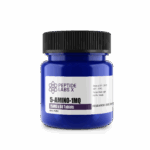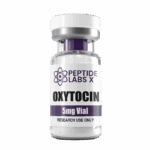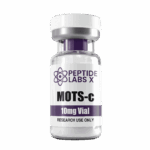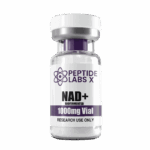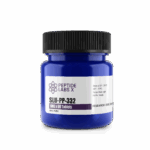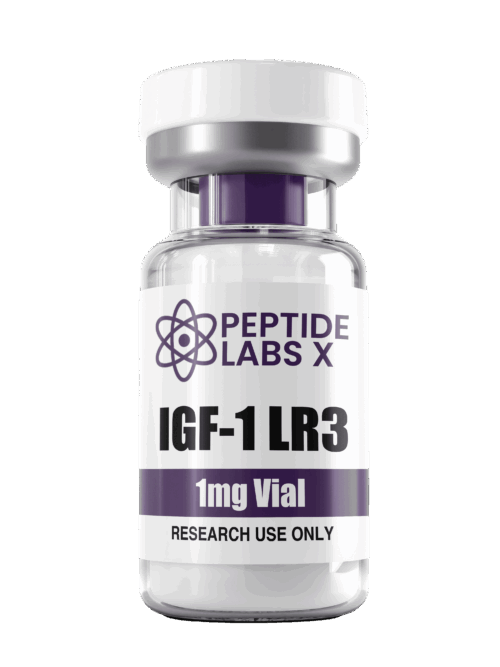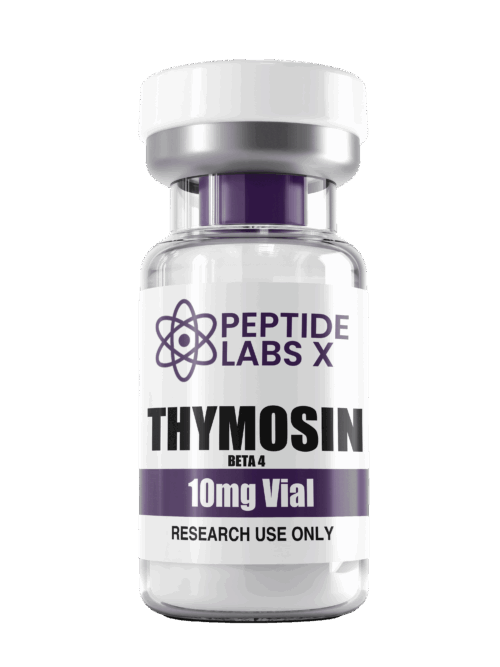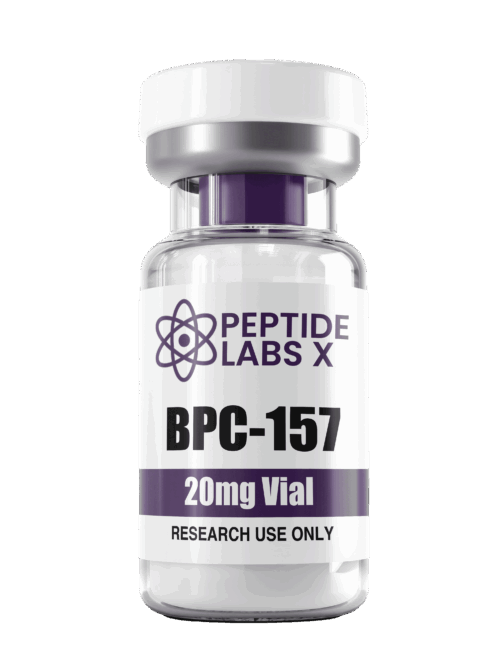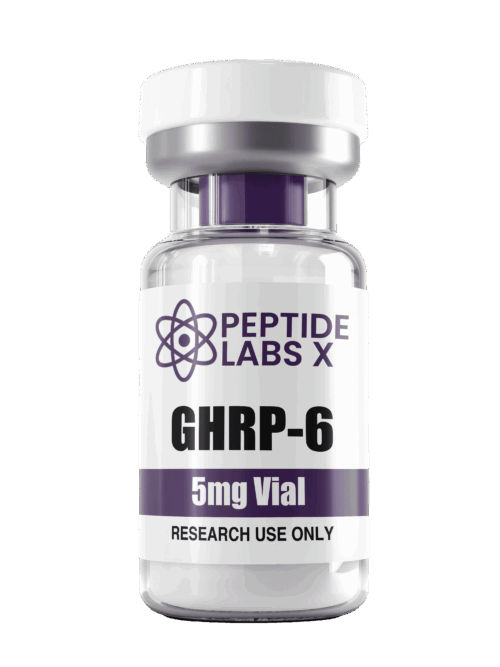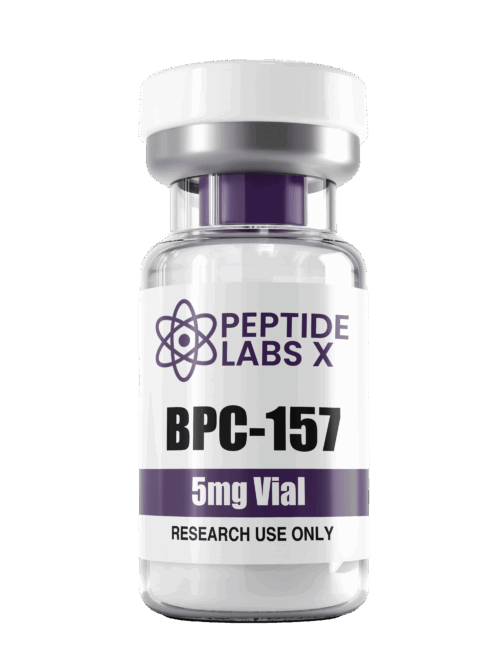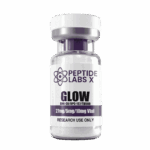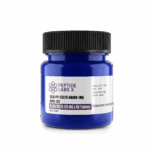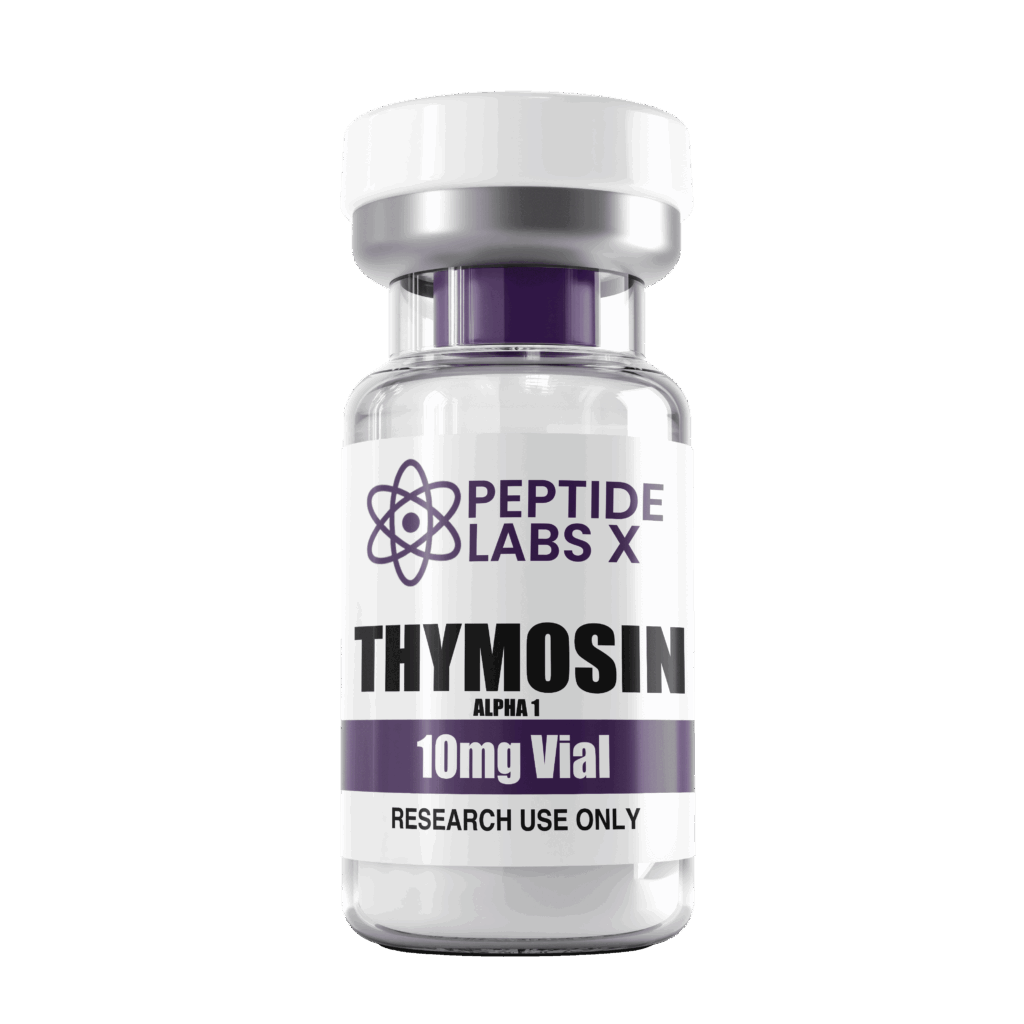

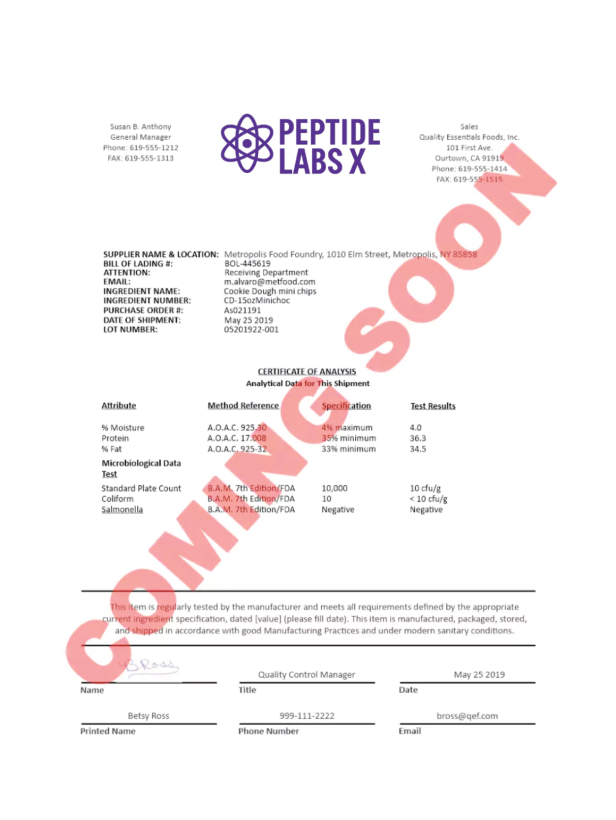
Thymosin Alpha 1 (TA1) (10mg)
* A thymic peptide studied for its ability to enhance immune function, reduce inflammation, and support recovery from infection or immune dysfunction – ideal for immune modulation protocols.
- Boosts immune system performance & T-cell activity
- May improve response to infections, viruses & vaccines
- Reduces chronic inflammation & oxidative stress
- Supports recovery from illness, fatigue, or immune dysregulation
- Studied in cancer, hepatitis, and autoimmune research
- Complements LL-37 or KPV in immune + inflammation stacks
- 30-Day Money-Back Guarantee
Free shipping
on orders over $300
Secure Checkout
safe online payments
Estimated delivery
3 business days
Thymosin Alpha 1 (TA1) is a naturally occurring peptide initially identified in the thymus gland. Discovered in 1972, this peptide fragment has become a key focus of research due to its immune-modulating properties. TA1 plays a significant role in supporting immune system regulation, making it a valuable tool in studies investigating immune function and resilience. Its natural origins and ability to influence immune pathways have spurred interest across various fields of scientific exploration.
Research into TA1 has primarily focused on its role in immune system balance, with investigations spanning chronic infections, inflammatory conditions, and immune dysregulation. Studies suggest that TA1 may help regulate immune responses in laboratory settings, offering potential insights into the mechanisms of immunity and inflammation. Its capacity to modulate immune pathways makes it a promising candidate for further exploration in experimental models.
The study of TA1 also extends into broader contexts, such as its role in cellular processes and tissue repair. Early findings highlight its potential applications in areas requiring enhanced recovery and resilience. As research into Thymosin Alpha 1 continues, it remains a cornerstone in the exploration of peptides and their diverse effects on biological systems.
Issued under Alpha Bio Med Labs, the authorized testing and distribution partner.

Thymosin Alpha-1 (TA1) is a peptide composed of 28 amino acids. The precise amino acid sequence of TA1 is:
Ac-Ser-Asp-Ala-Ala-Val-Asp-Thr-Ser-Ser-Glu-Ile-Thr-Thr-Lys-Thr-Leu-Thr-Leu-Ser-Asp-Tyr-Leu-Val-Leu-Leu-Leu-Thr-Arg
This sequence highlights the peptide’s intricate structure, with each amino acid playing a specific role in its overall stability and function. The acetylation at the N-terminus (Ac-) is critical for maintaining the peptide’s structural integrity and bioavailability during studies.
Thymosin Alpha-1’s structure supports its role in various experimental applications, particularly those exploring immune modulation and cellular signaling. The sequence’s specific arrangement enables its interactions with other molecules, making it an essential focus of research in immune response regulation, inflammation studies, and disease models.
By understanding the structural characteristics of TA1, researchers can further investigate its potential applications in experimental frameworks, from immune system studies to regenerative models. The detailed sequence provides a foundation for its evaluation in laboratory settings.
Immune System Regulation and Anti-Inflammatory Properties
Thymosin Alpha-1 (TA1) is widely studied for its role in immune system modulation and regulation. It is associated with activating and balancing immune responses, which may contribute to better handling of environmental stressors and challenges. Additionally, TA1 exhibits anti-inflammatory properties, potentially aiding in the reduction of excessive inflammatory signals. This dual functionality highlights its relevance in studies focused on immune health and inflammatory pathways.
Tissue Repair and Regeneration
TA1 has been observed to support tissue repair and cellular regeneration in various research contexts. It may enhance processes associated with healing and recovery, including promoting cell growth and reducing inflammation at the site of tissue damage. These characteristics are of interest in studies involving tissue recovery, wound healing, and regenerative applications.
Potential Applications in Disease Models
TA1 has shown promise in research exploring its role in disease models, particularly those involving immune dysregulation or chronic inflammatory states. Studies suggest it could play a role in maintaining immune balance and supporting resilience against environmental and biological challenges. Furthermore, its interactions with cellular processes make it a subject of interest in experimental applications related to oncology, chronic conditions, and infectious diseases.
Direct & scientific
- Backed by 60+ scientific studies
- BPC‑157 has demonstrated consistent healing results across muscle, nerve, and gut models — with early human data showing 92% of patients reporting pain relief.
“Accelerated Healing of Muscles, Ligaments, and Tendons”
Multiple animal and human case studies show BPC-157 significantly speeds up recovery of torn muscles, damaged ligaments, and tendon-to-bone healing — especially relevant for athletes and injury rehabilitation.
PUBMED — article link
BPC comparison to others
- Muscle & joint healing
- Repairs gut lining (IBS, IBD)
- Heals gut tissue
- Boosts blood flow
- Reduces Inflammation
- Activates stem cell repair
- Long-term gut support
- Clinically backed
Product quality guarantee
We are continuously conducting HPLC test on all of our raw powders as well as finished products to ensure the quality of our products. You can have the product you bought from us tested at any HPLC licensed testing facility and if the results are negative, we will refund the following:
- $100 HPLC test fee
- Total order amount
- Shipping costs
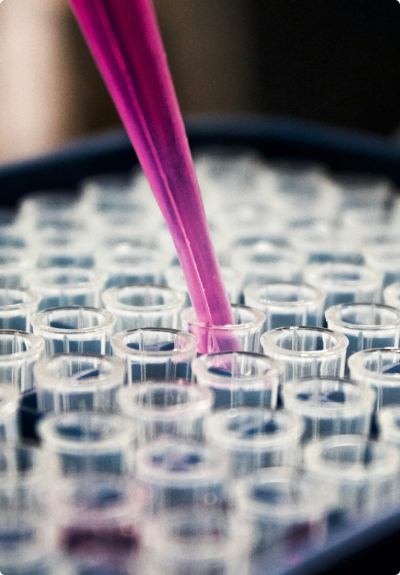
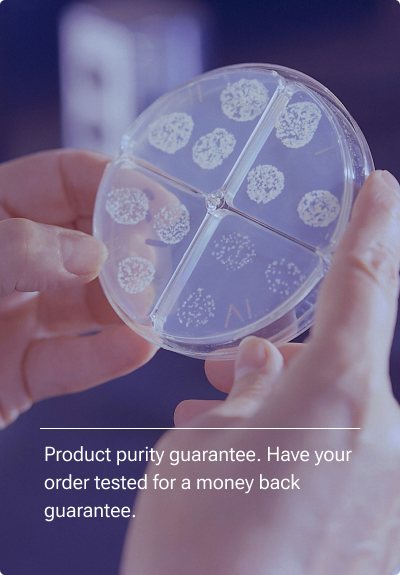
Frequently bought together
Related products
ALL ARTICLES AND PRODUCT INFORMATION PROVIDED ON THIS WEBSITE ARE FOR INFORMATIONAL AND EDUCATIONAL PURPOSES ONLY. The products offered on this website are furnished for in-vitro studies only. In-vitro studies (Latin: in glass) are performed outside of the body. These products are not medicines or drugs and have not been approved by the FDA to prevent, treat or cure any medical condition, ailment or disease. Bodily introduction of any kind into humans or animals is strictly forbidden by law.
Customer reviews
